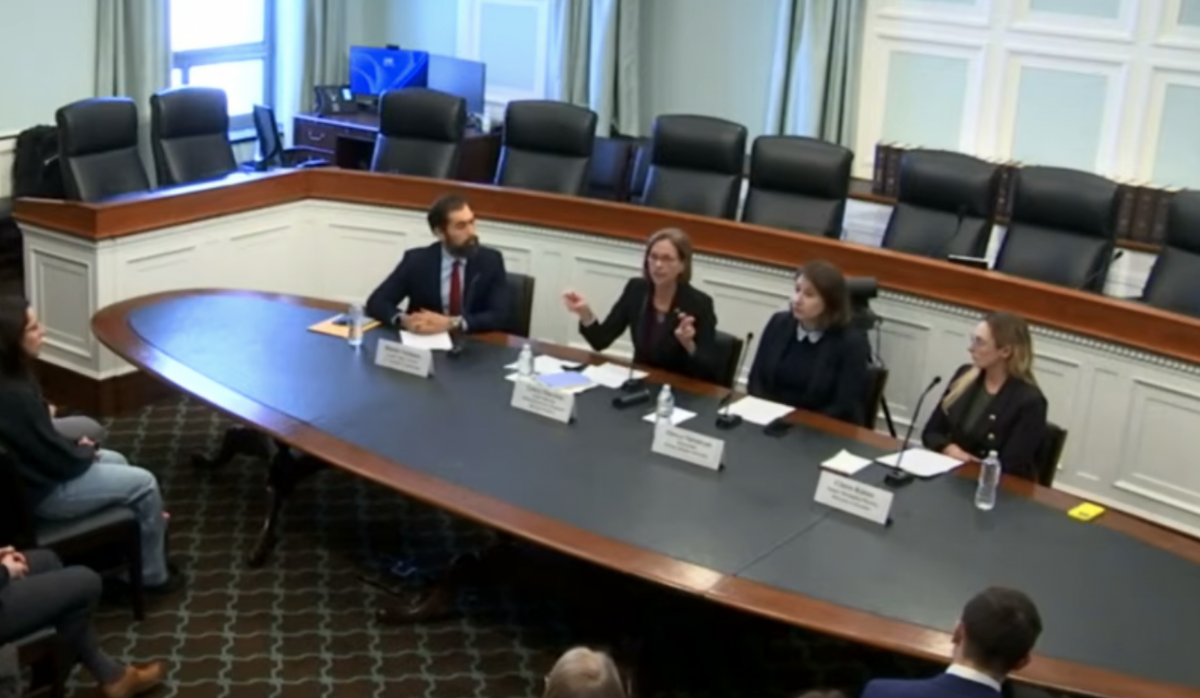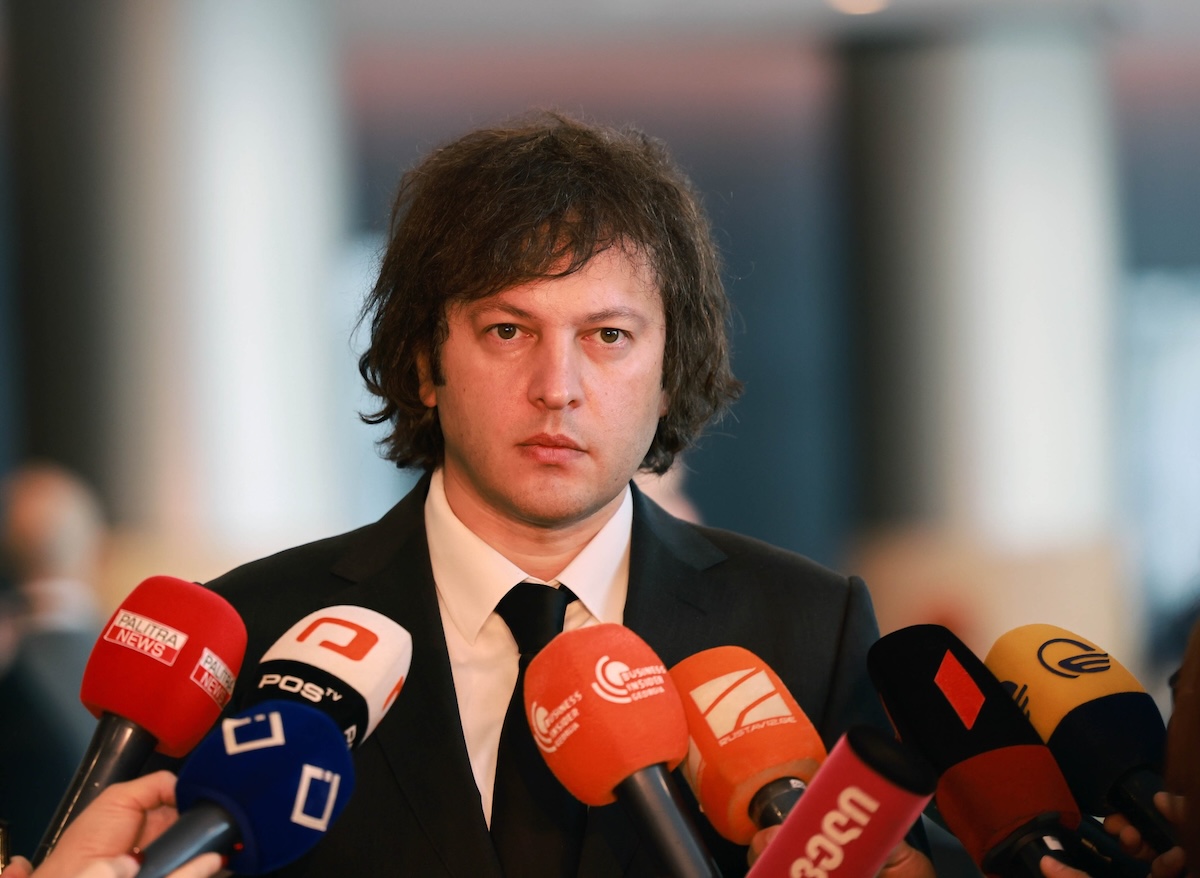Stray animals in Georgia: why isn’t sterilization solving the problem?
In large cities of Georgia, stray animals are not tortured or harassed. They are treated and sterilized. This is the most modern and humane way to control the population. But the problem is not solved – there are no fewer stray animals, and this has its own reasons.
In connection with the epidemic of coronavirus, a state of emergency has been introduced in Georgia. Almost nothing works, and people are mostly staying home.
Many cafes or restaurants in Georgia had their own “street dog”, which they fed every day. Now these cafe restaurants have closed.
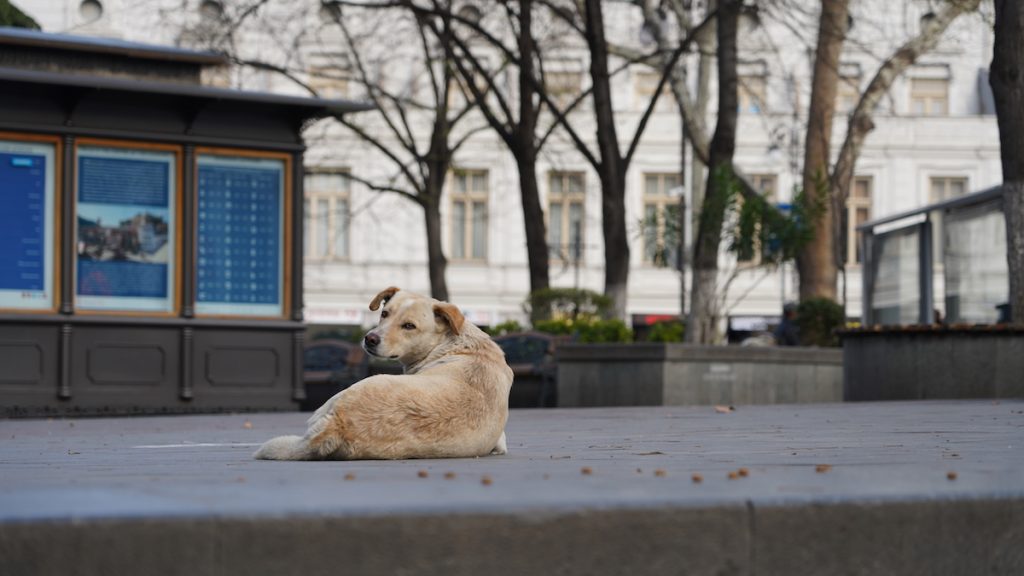
Agricultural markets have also closed, where animals could feed on waste.
There are also no tourists who liked to take selfies with Tbilisi dogs and throw them something tasty.
Another problem has arisen – due to the spread of false information that the new coronavirus can be transmitted from a pet to a person, some have abandoned their pets and put them outside.
“Every day a lot of calls come to the shelter asking us to take the dog from the family, because they think the pet can transmit the coronavirus,” says Tamaz Elizbarashvili, head of the Association for the Rescue and Protection of Dogs, which has its own dog shelter in Tbilisi.
Against this background, volunteers have appeared in Georgia who organize themselves and feed animals on the streets of the city. They also collect money through Facebook to buy food and send it to regions outside Tbilisi.
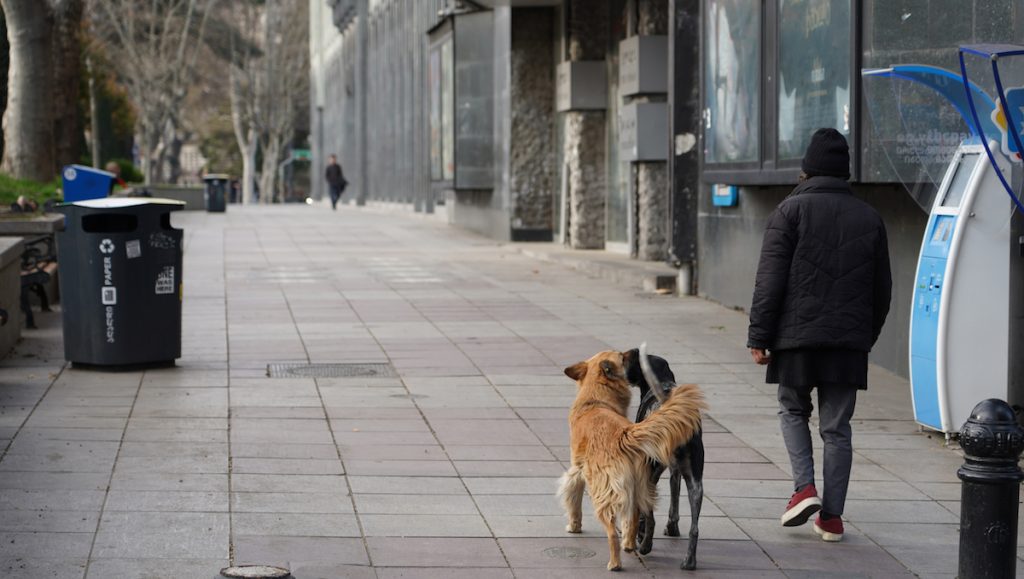
Amid unemployment due to quarantine, even animals living not in the street, but in families, have ended up in trouble, because their owners also often do not have money for food.
Facebook has been filled with requests from desperate people to help them feed hungry dogs and cats.
Is Georgia a paradise for stray dogs?
There are many homeless animals in Georgia – this is especially striking for tourists who come to the country for the first time.
According to data from 2015, about 43,000 dogs lived in Tbilisi alone.
These numbers are growing from year to year, and their number has not been reduced. In Georgia, you can find them everywhere – in cities, villages, on highways and even in deserted places where they are specially transported to leave.
One Georgian stray dog – Kupata from Batumi – has become popular almost all over the world as her story has hit the international media. The black and white dog from Batumi is crazy about children, and every time they cross the road along the zebra, she accompanies them, stops the cars and makes sure that the children cross the other side safely.
Now the whole city brings Kupata food. Batumi guests also try to take pictures with her. Batumi City Hall presented Kupata with a beautiful green booth with the inscription “People’s Choice” and called the municipal program for helping homeless animals the “Kupata program”.
However, the story of Kupata is, of course, an isolated one. The life of street dogs in Georgia is much more difficult and prosaic than that of a Batumi dog that has become a star.
Street animals in Georgia are managed by several large city municipalities.
For example, in Tbilisi, this is the Tbilisi Animal Monitoring Agency, which has been operating since 2015. In some cities, such as in Batumi, the municipality announces a tender and hires a private company, which transfers the entire process of caring for homeless animals.
The scheme is as follows: homeless cats and dogs are first caught, taken to a shelter, sterilized, vaccinated, they are examined by a veterinarian, and after these procedures, if everything is in order, the animal is released into the street from where it was taken.
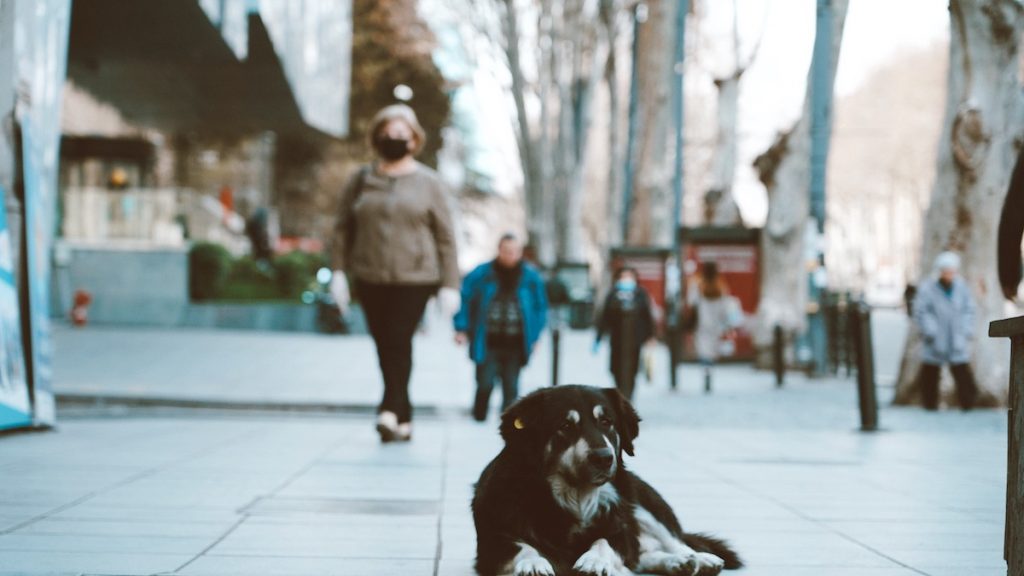
In the case of dogs, each of them must have a special tag on the ear, on which the identification number is marked. This means that the dog is sterilized, vaccinated and therefore not dangerous to others.
However, all this happens only in big cities and as a whole does not solve the problem.
“Homeless dogs from different regions of Georgia migrate in large numbers to the capital. Therefore, it is necessary to have a unified system throughout the country – if there is no sterilization in all regions, we will not be able to reduce the population,” says Vakhtang Lomjaria, head of the Animal Monitoring Service of Tbilisi City Hall.
Can a new law fix the situation?
“Organic Law on the Protection of Pets, Population Control and Social Security” – this is the name of a bill, which was initiated in the Parliament of Georgia, but for the fifth year has not been submitted for discussion in committees.
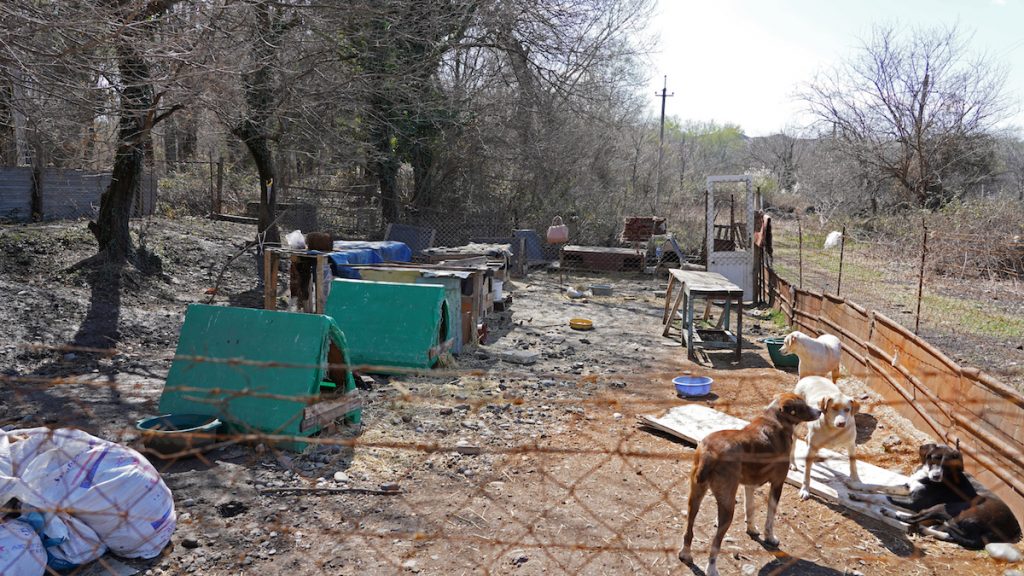
According to experts, its adoption in five to six years will solve the main problem – the growth of the domestic animal population, since the bill directly calls for the sterilization of all animals found on the streets throughout the country.
According to experts, the government is in no hurry to pass the law because it does not have the resources to enforce it.
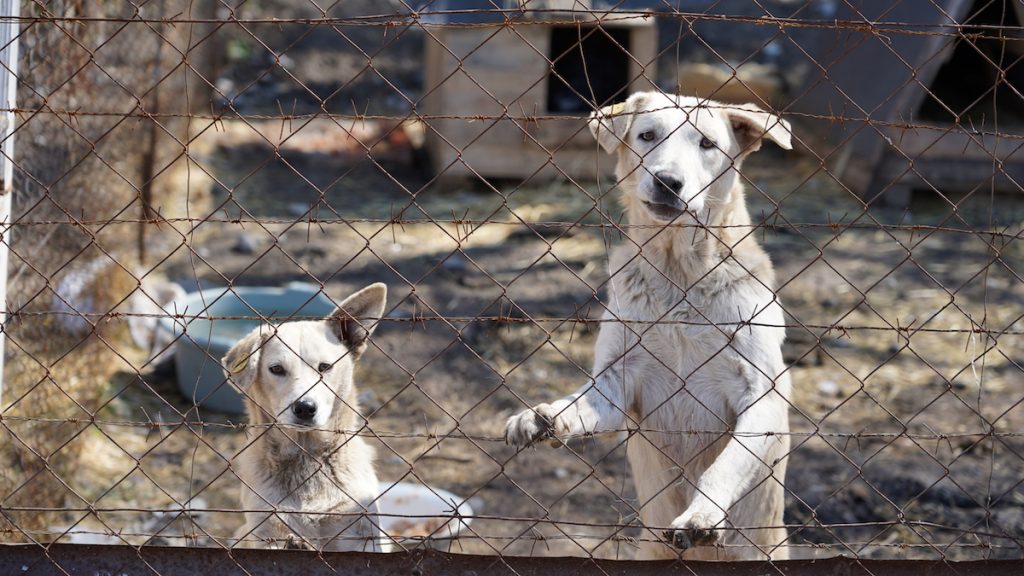
“If the law is passed, the state will have to work very hard. According to the project, pet management should be included in the functions of the Ministry of Agriculture, but this ministry is obviously trying to avoid responsibility,” Tinatin Chavchanidze said.
But animal advocates are also criticizing the bill, primarily because there is a ban on keeping more than five animals on one cadastral code (in one house, on the same site), and this will greatly complicate the work of private shelters.
Experts believe that the bill, which has not been adopted for years, will help solve another serious problem in the country – Georgia is still considered a country with a risk of rabies.
“Taking a kitten from the street has become an act good form”
Tina Chavchanidze, who has been working in this field since 2000, says that despite many problems, the situation is improving. And most importantly, what is changing is public opinion and attitudes towards animals.
“In recent years, the most difficult thing was to change the mentality. Earlier, taking a stray dog home was a completely marginal event. Of course, it was still popular to buy purebred dogs, but we still managed to make sure that taking a kitten or stray from the street became an act of good form” says Tina Chavchanidze.
Supported by the Russian Language News Exchange













